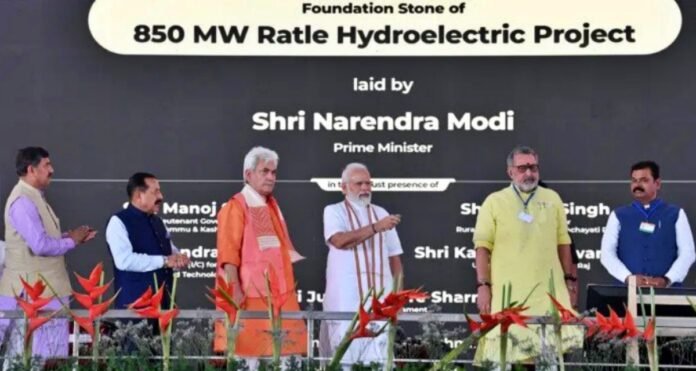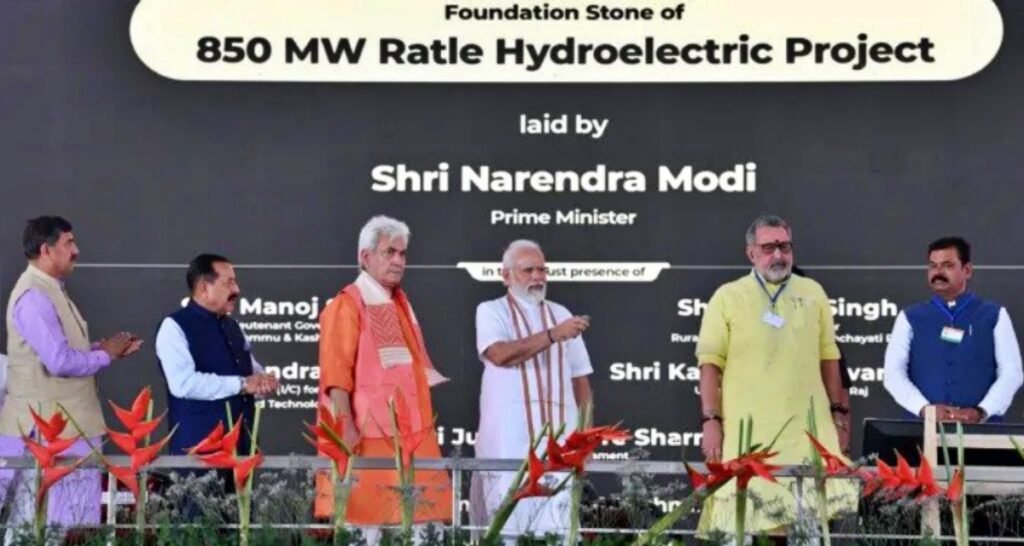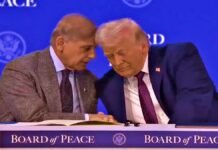
Islamabad: Pakistan has objected to Prime Minister Narendra Modi’s visit to Kashmir and the laying of the foundation stone for the construction of Ratle and Kwar hydroelectric projects on the Chenab river. It claims it was a “direct violation” of the Indus Water Treaty. Prime Minister Modi visited Jammu and Kashmir on Sunday to attend a public event for the first time since the abrogation of Article 370 in August 2019.
During the visit, Modi laid the foundation stone of the Ratle and Kwar hydroelectric projects. An 850 MW project will be constructed on the Chenab river in Kishtwar at a cost of about Rs 5,300 crore and a 540 MW Kwar hydroelectric project on the same river at a cost of over Rs 4,500 crore. The Foreign Office here termed Prime Minister Modi’s visit to Kashmir as “another ploy to show fake normalcy” in the Valley.
“Since August 5, 2019, the international community has witnessed several such desperate attempts by India to divert attention from the real underlying issues in Kashmir,” the Foreign Office said in a statement on Sunday night. Pakistan also criticized the laying of the foundation stone for the construction of Ratel and Kwar hydroelectric projects (HEPs) on the Chenab river in Kashmir.

“Pakistan has objected to the construction of the Ratel hydroelectric power plant designed by India, and India has not yet fulfilled its treaty obligation to share information with Pakistan for the Kwar hydroelectric power plant,” the Foreign Office said. “Pakistan views the laying of the foundation stone of the two projects by the Indian Prime Minister as a direct violation of the 1960 Indus Waters Treaty (IWT),” the Foreign Office said.
Pakistan called upon India to fulfill its obligations under the IWT and refrain from taking any steps detrimental to the IWT framework. The Indus Water Treaty of 1960 was signed by the then Prime Minister Jawaharlal Nehru and the President of Pakistan Ayub Khan, mediated by the World Bank. The treaty deals with the use of water from the Indus River and its tributaries flowing in both countries.






















































